“Seasonality is our number one priority”: A masterclass with Jean-Philippe Blondet at three-Michelin-star Alain Ducasse at The Dorchester
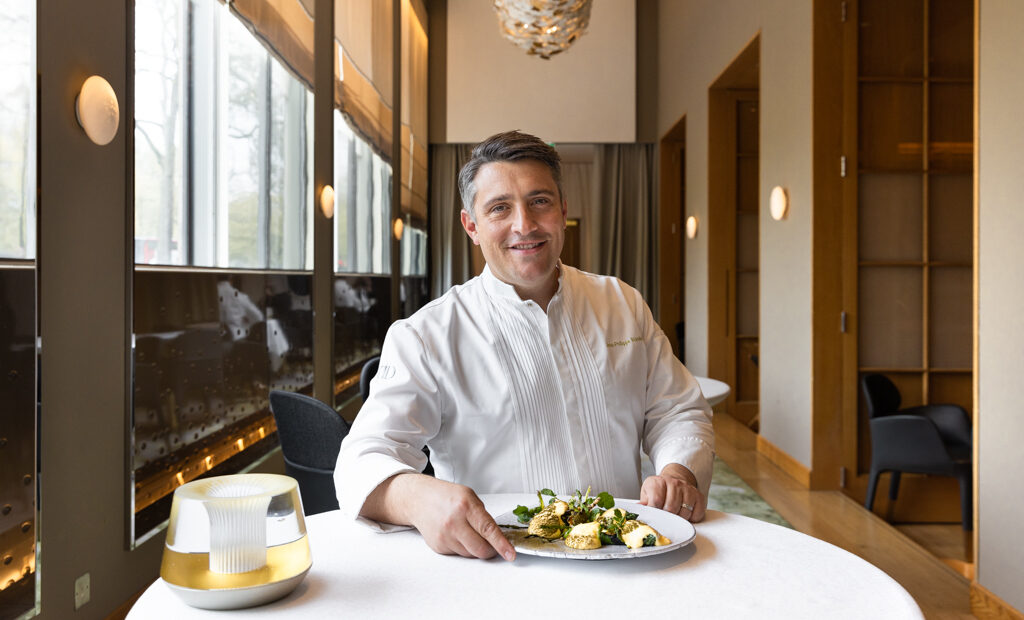
Today, I have the pleasure of attending a special masterclass at the iconic Dorchester. The hotel’s façade is a sight to behold, adorned in honour of the upcoming coronation of King Charles, complete with a majestic crown, elegant banners and drapery cascading from the balconies.
As I step inside, the newly renovated Promenade captivates me with its dazzling interiors crafted by designers Martin Brudnizki and Pierre-Yves Rochon. The transformation has introduced new bars, including the chic Vesper Bar and the alluring Artists’ Bar, each offering a unique ambience. Surrounded by such opulence and a tantalising culinary experience ahead, I walk through the doors of the three-Michelin-starred Alain Ducasse at the Dorchester.
Inside the kitchen, I meet the talented Jean-Philippe Blondet and his sous Alberto Gobbo. They are ready to guide us through a masterclass that will soon be open to the public. Today’s focus is asparagus – both French and English varieties. Chef Blondet explains that French asparagus are currently at their peak, while their English counterparts will reach their prime in two to three weeks. The 26+ size they’ve selected is undoubtedly a luxurious choice.
With aprons donned, we eagerly begin cleaning and carving the vegetables under the watchful eye of the chef. There’s an atmosphere of fun and camaraderie as we laugh about each other’s skills – or lack thereof. Then, it’s time to cook the risotto – our task for the day. As an Italian, I exchange some friendly banter with the chef regarding cooking times and our shared love for al dente pasta. The experience of standing and working in this beautiful three-Michelin-star kitchen is nothing short of exhilarating.
After preparing the risotto, we savour it alongside the sommelier’s selected pairing – a Château Val Joanis Réserve Viognier 2022. The combination is delightful. We then return to the kitchen, this time to observe the masters at work as they craft a new dish soon to feature on the menu: nori-wrapped asparagus filled with asparagus velouté, koji, wasabi, goat’s cheese, and served with sabayon to dress it. The precision and meticulousness required to execute this dish are impressive, and the taste is simply divine. We pair this exquisite creation with a more sophisticated, drier Côtes du Jura 2016 from Domaine Macle, featuring pleasant oxidative notes that perfectly complement the creaminess of the sabayon.
With the masterclass concluded, I sit down with chef Blondet for a chat about seasonality, asparagus and the exciting upcoming masterclasses.
Jean-Philippe, how are you?
I’m fantastic.
You had to come early to work today because of us, right?
It’s not work, you know. It’s passion. It’s not a job, really. It’s lovely to share our knowledge and passion with people like you and our guests.
Let’s start with discussing the importance of seasonality in the kitchen and how it affects your menu. Then, we’ll talk about asparagus, specifically French and British asparagus, and which one is better.
For us, the season is the most important aspect of the restaurant. We take extra care to ensure we’re right in the midst of each season. We’re possibly the only three-Michelin-star in the UK that changes the menu so frequently, every four to six weeks. With seasons changing so quickly, we need to maintain our creativity. It’s a bit risky, but we’re dedicated to staying true to the seasons. Some of my colleagues might prefer to stick with products that don’t have a specific season, like potatoes, to ensure the restaurant runs smoothly. Creating a new recipe involves understanding the products, training the team and coordinating with the front of the house. A lot of work goes on behind the scenes to make sure we’re on top of everything. Seasonality is our number one priority.
As for asparagus, we’re currently at the peak of its season. Although the season starts in February, we trial them in mid-March and use them on the menu from the end of March to ensure we have the best product in terms of size and quality. It’s very important to get the right size, what we use is 26 plus, which is large and requires more time to grow. Our French supplier is in Provence, Jerome Galis. It’s a family-run business specialising in asparagus, and we trust their expertise. We wait for their signal to start using their asparagus.
In the UK, the asparagus season begins slightly later due to the climate. We usually start with French asparagus and end with the English variety. It’s not a matter of one being better than the other; it all depends on the timing of the purchase. At the moment, French asparagus is superior, but in a couple of weeks, UK asparagus will likely match or even surpass the French. It’s all about the season and the climate, not the origin.
It seems that customers’ preferences have changed over the last ten years. They used to focus more on indulging in luxurious foods like lobster and fine wine, but now they care more about seasonality and sustainability, right?
Yes, that’s true. Our current approach primarily revolves around vegetables. We’re not a vegetarian restaurant, but our philosophy and the foundation of our dishes are based on vegetables and seasonality. We start from the origin and grower of each vegetable, this is the inspiration for when we create something new. First, develop a vegetarian dish and then we pair it with the appropriate protein. If we were to become a vegetarian restaurant tomorrow, it wouldn’t be a difficult transition since the main component of our dishes is already vegetables.
Alain Ducasse’s focus on naturalité has also influenced this, I guess.
It has, to some extent, but it’s more about my own perspective, my surroundings and the people around me, including my team and family. Alain Ducasse’s naturalité has provided inspiration, but we don’t delve as deeply into it. He understands who I am, and our restaurant is a blend of both our approaches.
So, you have your own unique touch while still being part of the Ducasse world.
Exactly. In fact, we’re working on a book showcasing the three Ducasse restaurants: Louis XV, Le Meurice and the Dorchester. The book will illustrate that while all three restaurants belong to Ducasse, they are distinct because of the individual chefs and their unique visions, even though they share a common philosophy.
I really enjoyed the masterclass. The format is quite unique, allowing guests to learn and witness exclusive aspects of a three-Michelin-starred kitchen, which isn’t an everyday opportunity. Can you tell me more about the format and how you developed it?
The format of the masterclass is designed to be casual and approachable. Often, the idea of entering a Michelin-starred kitchen can be intimidating and stressful for people. They might expect a lack of empathy and friendliness. Our aim is to break that perception and invite guests to feel at home in our kitchen. It’s my home and I’m a very down-to-earth person who enjoys sharing knowledge and having direct interactions with both my team and the guests. For me, human contact is crucial.
The masterclass starts with a warm welcome into my kitchen, where we have a coffee and chat about your weekend. From there, we naturally start to discuss the subject of the day, such as asparagus, its origin, the grower, the cooking process, how precise we have to be. Our conversation is casual and spontaneous, we have a laugh like we did today discussing risotto with you because you are Italian. We share how our respective nationalities influence our approach to cooking. Guests will help with tasks like peeling vegetables. In this way, they can truly experience a three-Michelin-star kitchen first-hand. And, of course, they get to taste the delicious food they’ve helped prepare. It’s all about accessibility, learning, and enjoyment.
I liked that the experience is structured in three stages: first, preparing a simple dish, followed by a more sophisticated dish from your menu, and finally, understanding the importance of wine pairing. Would you say these elements encompass the main aspects of the restaurant experience?
Absolutely. What we do is a simplified version of what happens in the restaurant. We create a relaxed atmosphere where guests can spend time in the kitchen, engage with our team, including sommelier Maxime, who provides a comprehensive understanding of the wine pairings. He explains the reasons behind each wine selection, based on his prior experience of trying the dishes. Our approach isn’t limited to just the kitchen, service or wine – it’s a complete experience, from the hostess’s warm welcome to the attentive service provided by the commis and restaurant director. We replicate the restaurant experience in a more laid-back, friendly manner.
Do you cook much at home or you are often too tired?
Not really. It’s not that I’m tired, but I tend to make a mess when cooking at home, which can lead to arguments about cleaning. So, I often prepare a few things at the restaurant and finish them at home.
That’s a nice perk to have.
Yes, it is.
Thank you so much for sharing this experience.
You’re welcome, and thank you for joining us. It was a pleasure having you here.
Filippo L’Astorina, the Editor
Photos: Filippo L’Astorina
For further information about the upcoming masterclass or to book a table at Alain Ducasse at the Dorchester, 53 Park Lane London W1K 1QA, call 020 7629 8866 or visit the restaurant’s website here.

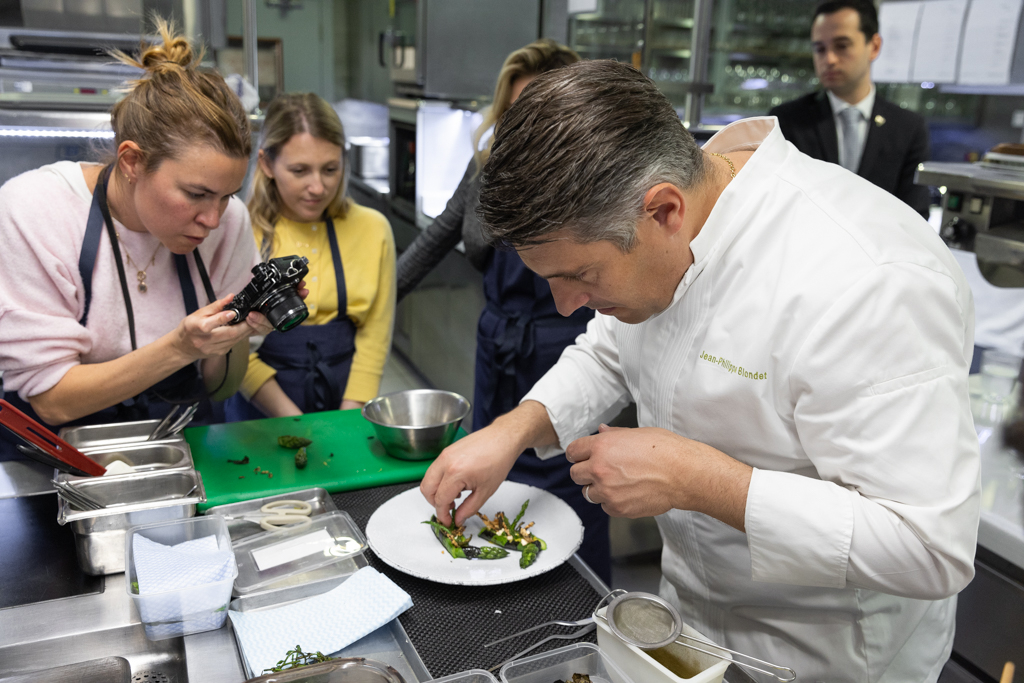
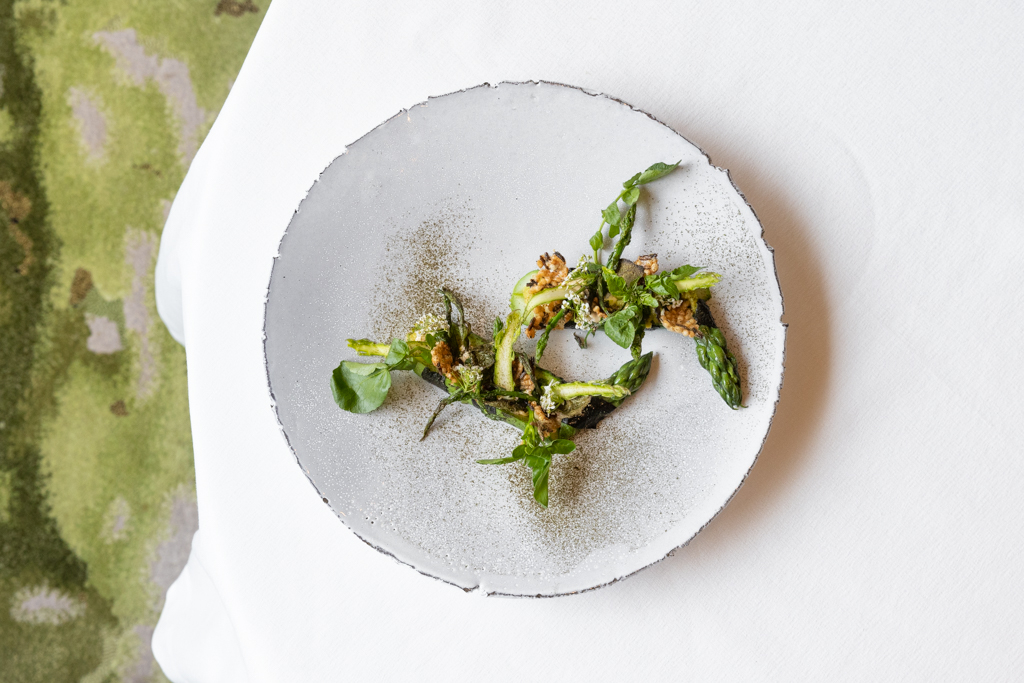
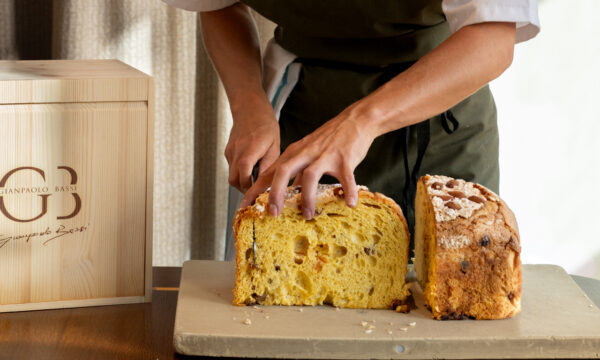
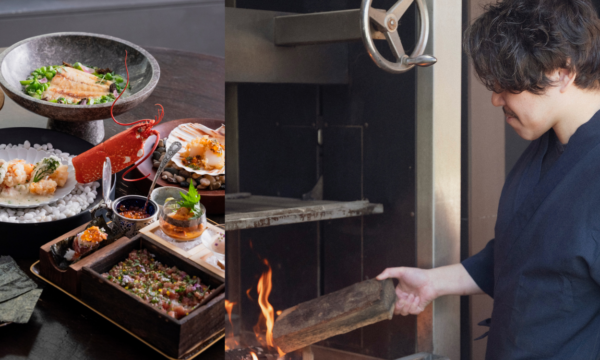
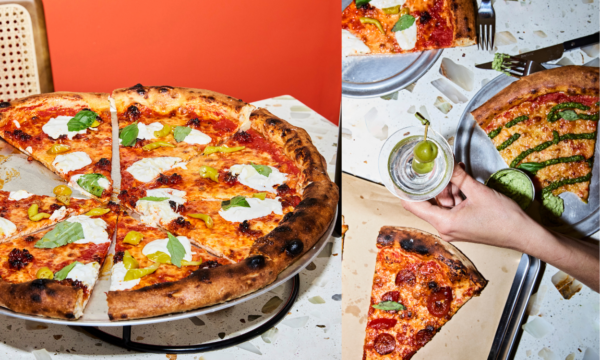
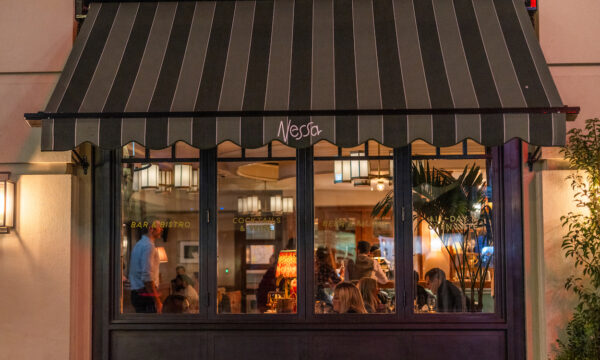
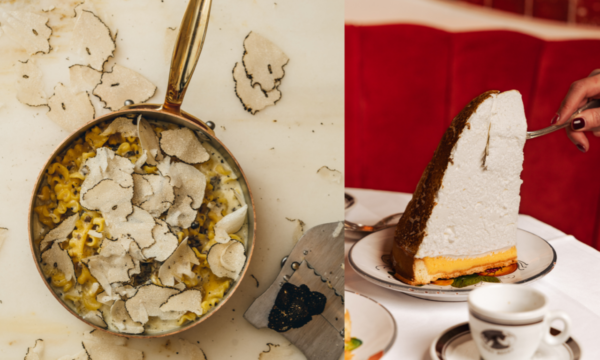
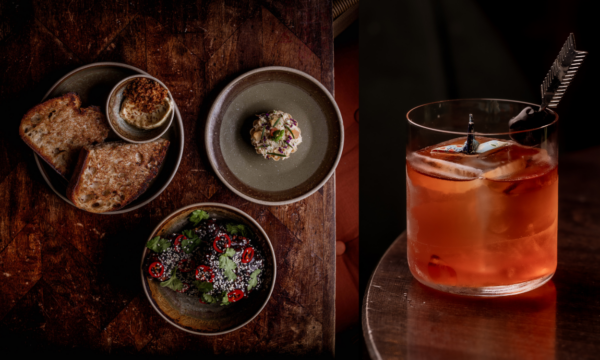
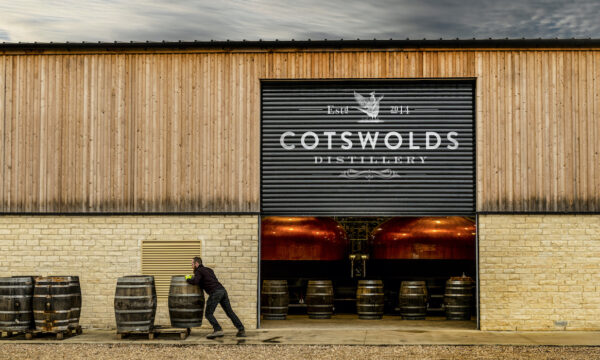
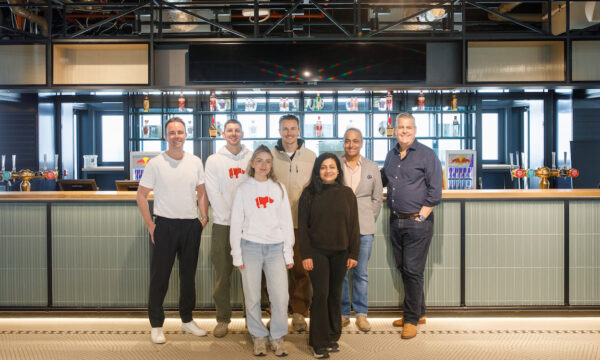
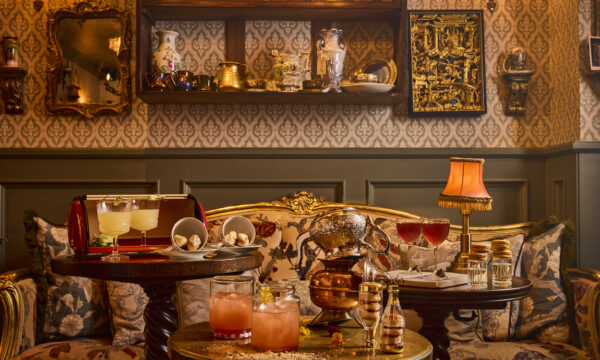













Facebook
Twitter
Instagram
YouTube
RSS